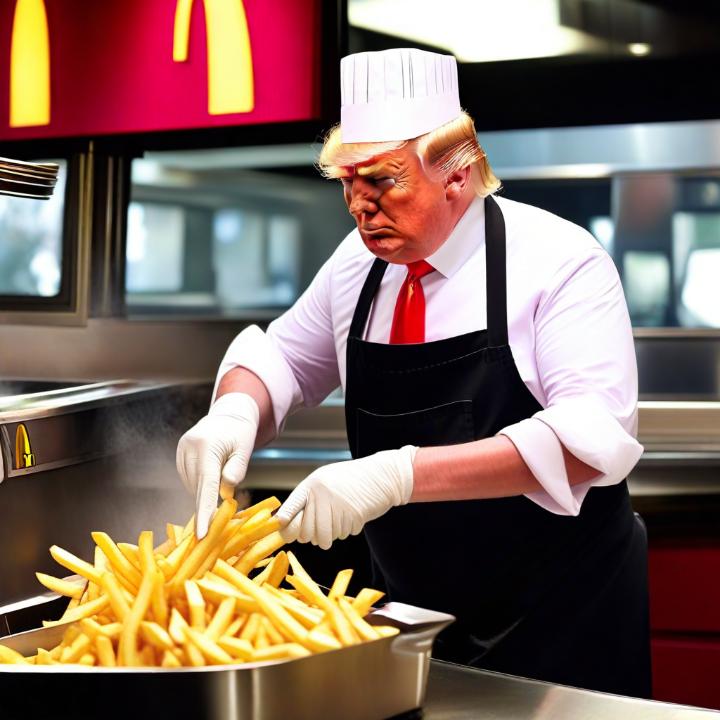Heineken’s recent sale of its Russian business for just one dollar has sent shockwaves through the business world. This calculated decision represents more than just a nominal transaction; it encapsulates a series of deliberate choices and strategic considerations that have culminated in a bold exit from the Russian market. In this article, we unravel the layers of this move and explore its implications for Heineken and the global business arena.
Understanding the Strategic Move:
Heineken’s departure from the Russian market might appear puzzling at first glance, given the country’s significant population and growing middle class. However, this decision aligns with a broader strategy focused on streamlining the company’s operations and reallocating resources to markets with higher growth potential. The sale of its Russian business at a nominal price serves as a signal that Heineken is willing to forego short-term profits for long-term strategic gains.
Rationale Behind the Move:
Several factors likely influenced Heineken’s decision to sell its Russian business for a symbolic amount. First, the Russian market has posed challenges in terms of regulatory complexities and economic uncertainties. Second, shifting consumer preferences towards healthier beverages have impacted alcohol sales in the region. Lastly, Heineken’s desire to concentrate resources in markets with more robust growth prospects led to the choice of divesting from the Russian market.
Potential Impacts:
The sale of its Russian business could have various impacts on Heineken’s global operations. By exiting a challenging market, the company can now redirect its efforts and investments towards innovation and expansion in markets that align with evolving consumer trends. Furthermore, this move might enhance shareholder confidence, showcasing Heineken’s commitment to maximizing long-term value over short-term gains.
Signaling Future Strategies:
Heineken’s decision to exit Russia for a nominal sum serves as a strategic message to both competitors and investors. It underscores the company’s willingness to make bold moves to ensure its future viability and sustainability. This decision also positions Heineken as a proactive player in adapting to the dynamic global business landscape, where flexibility and adaptability are crucial for success.
Heineken’s sale of its Russian business for $1 might seem like an unconventional move, but it encapsulates a calculated strategy aimed at complete market exit and long-term growth. By shedding a challenging market and reallocating resources strategically, Heineken sets the stage for a future that prioritizes innovation, adaptability, and shareholder value. This decision reverberates beyond the beverage industry, illustrating the pivotal role of dynamic strategies in navigating the complexities of today’s business world.












